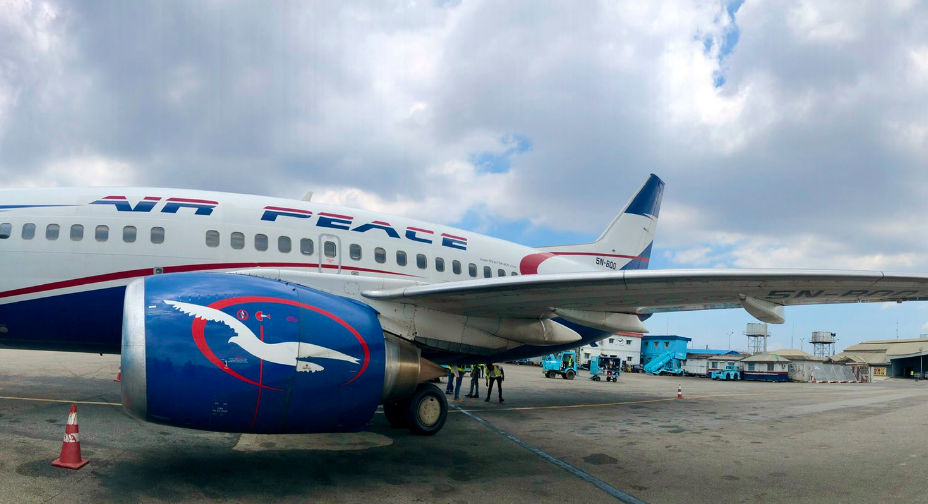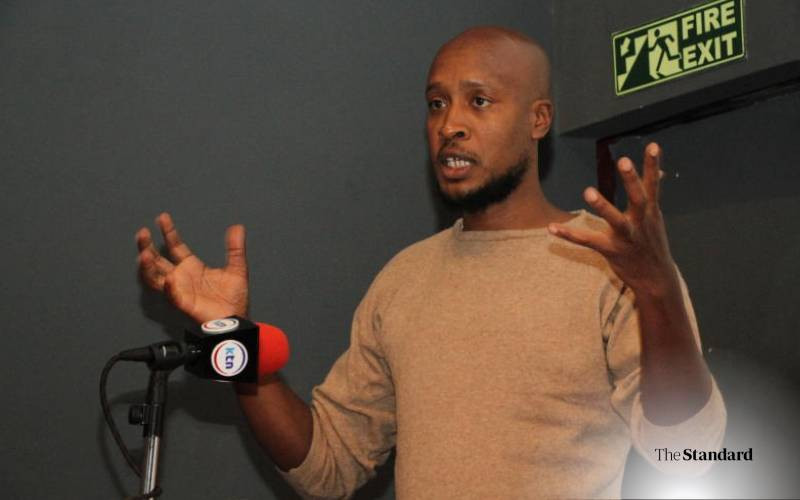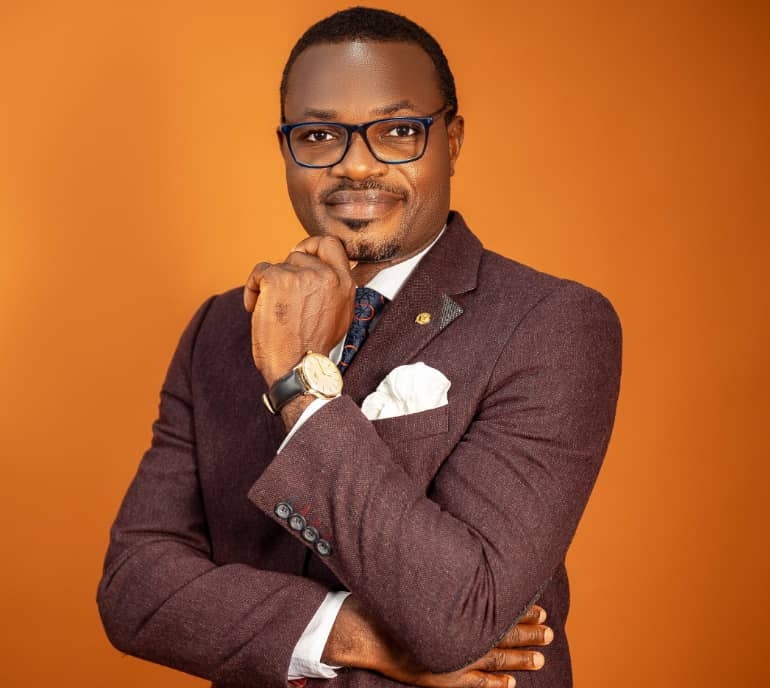SA supports the inclusion of more voices at SPIEF | SAnews
With the St. Pietersburg International Economic Forum (SPIEF) remaining as one of the foremost platforms for global dialogue on economic cooperation and inclusive growth, South Africa supports the increasing inclusion of voices from the Global South at the forum.
“The St. Petersburg International Economic Forum has evolved over the years from a primarily Russian and Eurasian platform into a global meeting point for policymakers, economists, CEOs, innovators, and thought leaders. SPIEF provides a space for emerging economies to shape global economic discourse, influence trade rules, and negotiate developmental priorities.
“In this regard, South Africa supports the increasing inclusion of voices from the Global South at SPIEF. We support the growing participation of delegations from Africa, Latin America, and Asia,” said Deputy President Paul Mashatile.
In his address to the plenary session of the forum on Friday, the Deputy President said that it is essential that the platform “not only reflects but actively amplifies the aspirations and strategic interests of developing economies.”
The Deputy President’s participation in the SPIEF formed part of his working visit aimed at strengthening economic and trade ties between South Africa and Russia.
He said that SPIEF’s value lies in its unique capacity to bridge geopolitical divides and promote dialogue beyond the dominant narratives adding that it enables countries with diverse histories, economies, and political systems to find common ground in promoting trade, innovation, and sustainable development.
“In an era of growing polarisation, SPIEF is a vital pillar of pragmatic cooperation. South Africa is prepared to contribute to the promotion of cooperation and collaboration among nations in order to benefit all. We believe that a more equitable, prosperous, and tranquil world can be achieved through collaboration,” he said.
With South Africa presiding over the G20 this year, the country has prioritised issues like debt sustainability, global financial reform, access to technology, and inclusive economic recovery.
“We are championing the representation of Africa in global decision-making structures, including the full integration of the African Union into the G20 framework.
We are also working to ensure that global economic policy aligns with the goals of Africa's Agenda 2063, the African Union's blueprint for inclusive growth and sustainable development. It promotes industrialisation, connectivity, regional integration, and the African Continental Free Trade Area. We offer a compelling value proposition to global investors and partners,” said the Deputy President.
He said that South Africa is the gateway to Africa, rooted in democratic governance, a robust financial system, and world-class infrastructure. The country also boosts strong institutions and aims to be a centre of innovation, inclusive industrialisation, and green growth.
“Moreover, South Africa brings to the table decades of multilateral experience, a commitment to peacebuilding and development cooperation, and a bridge-building role between advanced and emerging economies. We do not merely seek partnerships—we offer solutions, grounded in African realities and global aspirations.
“In doing so, South Africa hopes to cement G20 priorities in African reality, ensuring that the recovery from global crises does not exacerbate inequality but rather creates opportunities for inclusive transformation. We are pushing for a new international development funding agreement that resolves historical inequalities while also preparing the Global South to respond to future shocks with resilience.”
The Deputy President also spoke of the need to reinvigorate multilateralism.
“The multilateral order is under pressure, and economic nationalism is on the rise. At the same time, we face collective challenges that require urgent cooperation: climate change, energy transitions, food insecurity, global health disparities, and digital inequality.
“It is in this context that we must reaffirm the principles of mutual respect, sovereignty, equality, and solidarity. We must resist the return to protectionism and instead build a global trading system that is transparent, rules-based, and inclusive.”
He added that developing economies must have greater representation in global standard-setting institutions. In addition, the reform of the World Trade Organisation, the International Monetary Fund, and other Bretton Woods institutions must be accelerated to reflect contemporary global realities.
“Through the strengthening of multipolarity, we are able to harness the collective power of our nations to construct a future that is more sustainable for future generations. South Africa is prepared to do its share in promoting international cooperation and collaboration for the future of all nations.
"The future is not being written in boardrooms in the Global North alone. It is being written in the towns of East Africa, in the innovation corridors of Southeast Asia, in the mines and digital labs of Latin America, and the energy, agriculture, and science sectors of Eurasia. SPIEF is one of the few remaining global platforms where this future can be shaped in dialogue.”
Deputy President Mashatile called for investment in partnerships that are equitable and mutually beneficial. -









